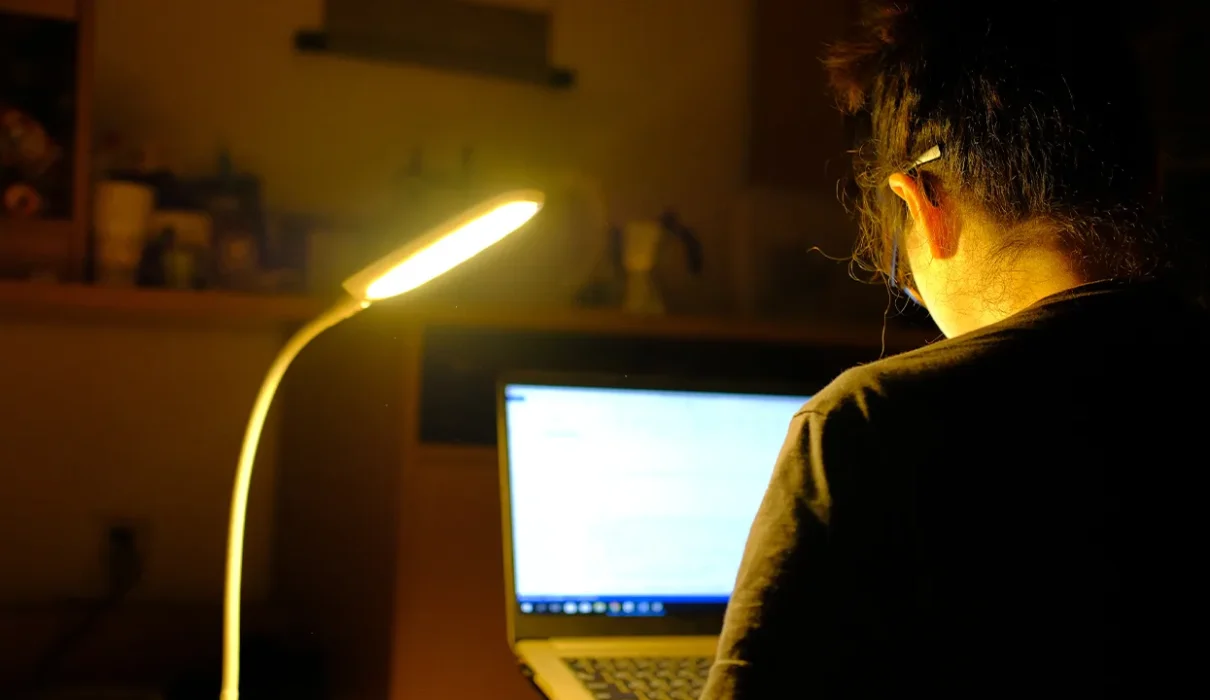
MANILA, Philippines – Philippine labor inspectors have been unable to monitor underpaid Filipinos working in foreign artificial intelligence (AI) firms since their employers are abroad, the budget sponsor of the Department of Labor and Employment said during the plenary hearing for DOLE’s proposed 2024 budget on Friday, September 22.
“Sa palagay po namin dito po sa DOLE, ang employer po nila ay foreigner. Kaya po siguro hindi po sila na-i-inspect ng ating mga labor inspector dahil po banyaga po ang nagbibigay-trabaho sa kanila,” said Quezon 2nd District Representative David Suarez.
(We believe here at DOLE that their employers are foreigners. This is maybe why our labor inspectors cannot inspect them because foreigners are the ones giving them work.)
Suarez made the remark after Kabataan Representative Raoul Manuel asked what proactive measures DOLE was taking following reports of Filipinos who earned $6 to $10 (P341 to P568) daily in doing outsourced work for US-based AI company Scale AI. For reference, this is lower than the minimum wage in Metro Manila, which ranges from P573 to P610 a day. Some workers are even paid just 1 centavo per task, Manuel said.
In a Washington Post report released on August 28, former employees said that at least 10,000 workers in the Philippines performed tasks that trained AI on a platform called Remotasks, which is owned by Scale AI. Some issues hounding the workers included low pay, delayed or withheld salaries, and few channels to seek recourse. Manuel cited the same data in his interpellation.
Manuel asked how the DOLE would ensure that Filipino workers’ rights are upheld amid the rise of AI, “especially since high-income countries have taken the lead in developing this, and in the case of low-income countries like the Philippines, we are vulnerable to exploitation,” he said in a mix of English and Filipino.
“This is indeed a growing sentiment among us even here in Congress…. We need to legislate, put the proper regulations, put the proper laws, so that we can properly enforce the labor standards as you have mentioned seems to be an issue,” said Suarez.
Suarez added that the Marcos government’s Labor and Employment Plan 2023-2028, which was approved in August, focuses on “making sure that our labor sector is responsive to the developments of the environment and of the world when it comes to AI.”
A 2021 report from the International Labor Organization found the Philippines as one of the countries performing the most work outsourced by global North countries on digital platforms.
According to the DOLE, labor inspectors are tasked to monitor all private establishments in the country for their compliance with labor laws and standards. Regional offices take charge of designating inspectors who check establishments in their regions, but the DOLE’s description of its labor inspection program does not mention Filipinos who work for foreign-based firms.
According to Suarez, there are around 1,210 labor inspectors in the DOLE nationwide who inspected 23,420 establishments for compliance with minimum wage payments from January to July 2023. This is only 22.9% of the around 102,000 small, medium, and large enterprises in the Philippines.


